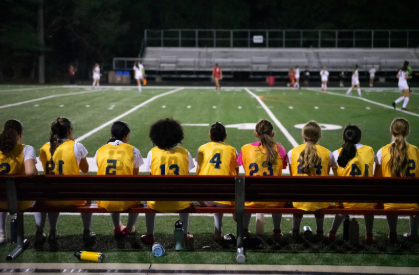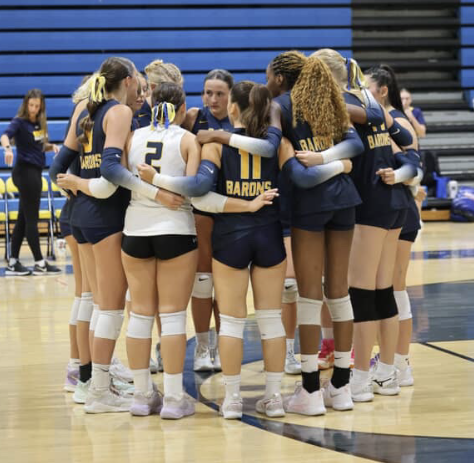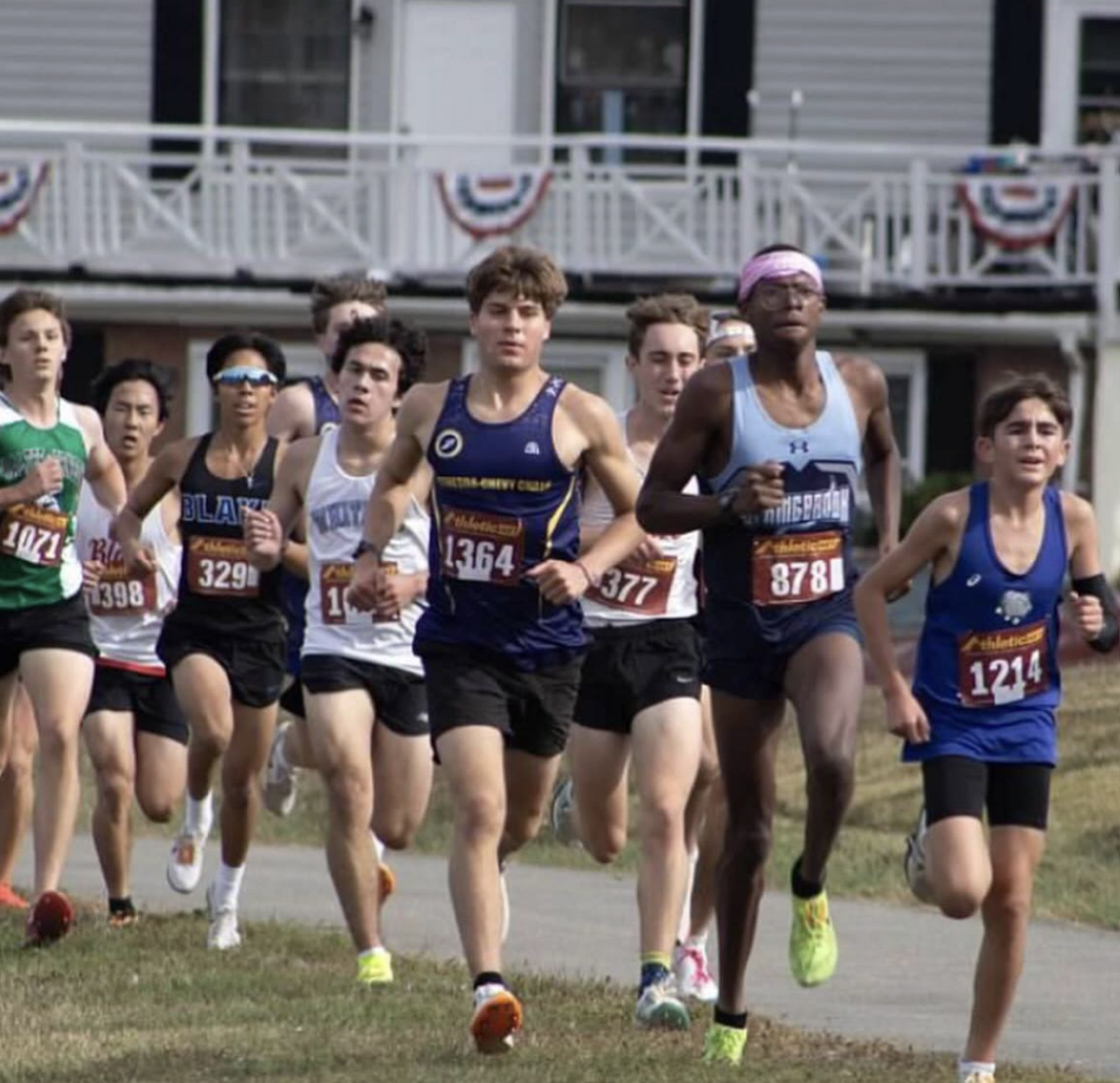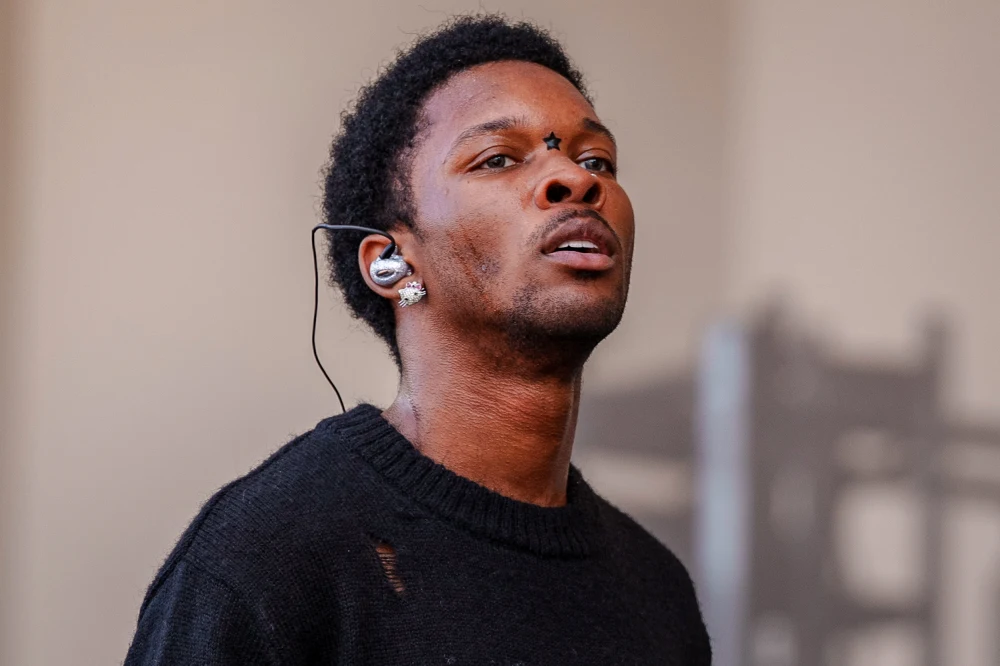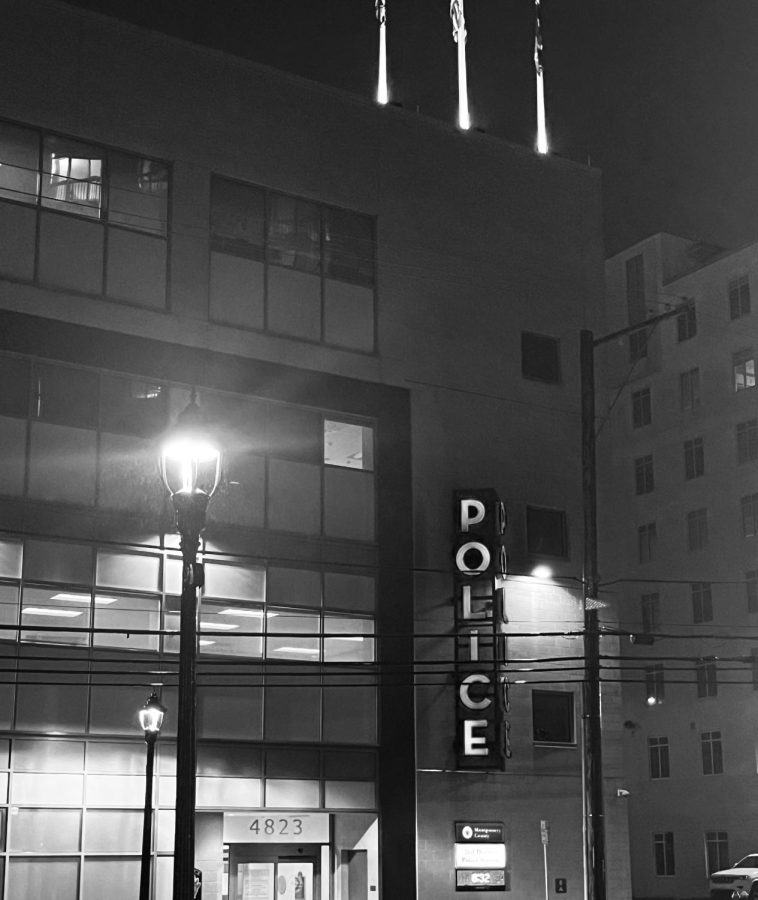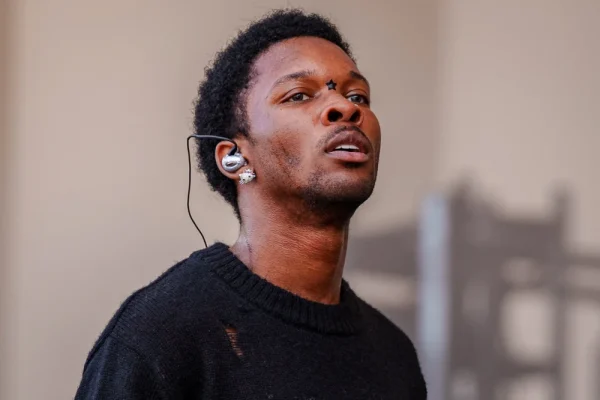Defunding The Police Shouldn’t Be A Radical Position
If we want to exist within an equitable and compassionate society, we have to acknowledge and properly address our catastrophic approach to crime prevention.
The vast majority of people want police to deal with crime logically and humanely. Yet, when we talk about law enforcement, our shared understanding collapses once we move beyond our original expectations of crime-solving and prevention. If we want to effectively curb crime, we shouldn’t take the typical tough-on-crime approach of mass incarceration, mandatory minimum sentencing laws, and militarized police forces. Instead, resources should be redirected toward addressing the underlying causes of crime. We need to defund the police.
What does this look like? Defunding the police involves directing a set percentage or a specific amount of funds used for policing purposes to related social services. For the reactionaries who lack the ability to read an entire sentence without leaping to conclusions, I’ll repeat it again in plain English for you: defunding the police doesn’t take away all their funding.
Instead of spending millions on private prisons and drug-sniffing dogs, this money would go to healthcare, education, job training, and affordable housing. Rather than solely being used to punish crime, these funds would now eradicate the symptoms of poverty that incentivize crime in the first place. Thus, police can focus on investigating serious criminal cases that require focused, deliberative investigation rather than spending their time breaking up homeless encampments and writing jaywalking tickets. In other words, they can do the type of policing that might be worth the support we currently give law enforcement.
To be clear, my argument isn’t a personal attack on individual police officers. American law enforcement, both individually and collectively, is given a variety of nearly impossible tasks to complete. At its core, police work is a reactionary task, where the individuals tasked with protecting the community show up after the harm has already occurred. How do you stop something that has already happened? The most sensible methodology is to study why people commit crimes in the first place, adjust the response appropriately, and reallocate funds in order to carry out this improved response.
Many critics disagree with defunding the police due to the rise of crime in major cities after LA, San Francisco, and New York City cut their police budgets in 2020. Although the police budgets were promptly restored, the rise in crime occurred because the cities didn’t complete the necessary steps beyond implementing budget cuts. Defunding the police is not accomplished when law enforcement has less money for one fiscal year; it is accomplished when this money is consistently redirected to social services. The goal isn’t to just take money away from the police but to redirect it to other sources who can use it more effectively.
While various activists, politicians, and public figures have supported aspects of defunding the police, material support has been practically nonexistent at the state, local, and federal levels. The concept of defunding wasn’t well-known until 2020; nearly three years later, most people are turned off when they hear the words “defund” and “police” in the same breath. To an extent, I understand that, but I don’t condone it.
In regards to race and defunding the police, I don’t think I’m knowledgeable enough to offer an in-depth analysis of structural racism and policing. I will say this, though. It is communities of color, especially Black communities, that suffer disproportionately from the systemic issues linked to our methods of law enforcement. This point alone is more than enough reasoning for why police should be defunded, but all the aforementioned points should also be added to the equation.
If we want to exist in an equitable and compassionate society, we have to acknowledge and properly address our catastrophic approach to crime prevention. Throwing money at law enforcement agencies under the guise of public safety is an ill-conceived sunk cost fallacy at best and a death sentence at worst. Until we adequately take care of all Americans, the least we can do is stop tasking the police to do it for us. That doesn’t seem radical to me.

Joshua Garber, a B-CC senior, serves as a Section Director who specializes in Features. Josh has been described as "sneaky athletic," "schmexy,"...

Logan Davis, a B-CC senior, serves as a Tattler photographer and artists. He is also a Varsity Captain for the B-CC's Boys Basketball Team.






